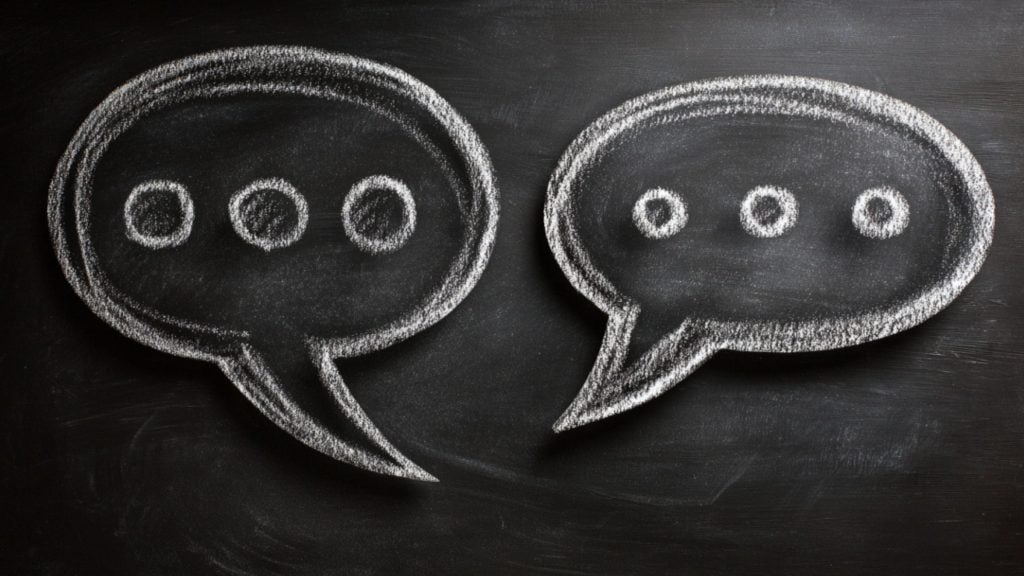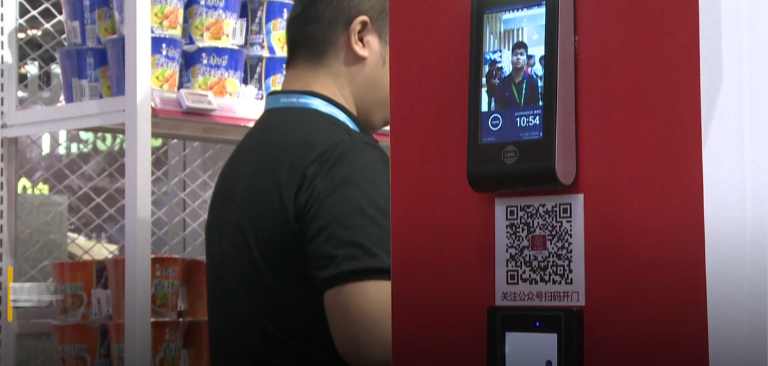

Facial recognition technology is often considered as one of the most powerful tools of mass surveillance.
But now, reports show that payment industry is getting in on the game, not only in China - a leader in both developing and using this technology - but also elsewhere around the world, in countries like Denmark, Nigeria - and the US.
The practice of paying for goods and services via facial recognition devices, without the need to use a card, a phone or in any other way prove one's identity, is already well-established in China.
In the US, a startup pioneering the use of facial recognition is PopID. The BBC says that their services are used by about 70 restaurants and cafes on the West Coast, and that they are talking to major card processing companies, who are apparently eager to find a way around relying on apps like Apple Pay and Google Pay.
…

Become a Member and Keep Reading…
Reclaim your digital freedom. Get the latest on censorship, cancel culture, and surveillance, and learn how to fight back.
Already a supporter? Sign In.